04 / 17
2019
Creating a really tiny flat is always a challenge. However, checking the continuously increasing real estate prices there is a really big need for bringing out the most of all square meters and create great living conditions even in the smallest places.
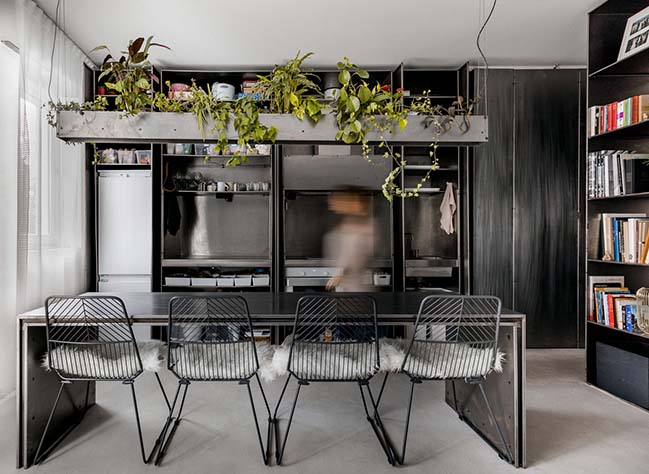
Architect: MÁS epiteszek
Location: Budapest, Hungary
Year: 2019
Area: 35 sq.m.
Photography: Dávid Kis
Video: Roland Imageworks
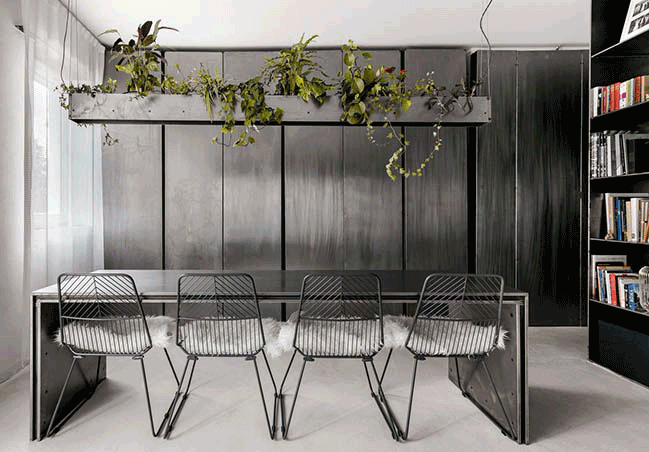
From the architect: The main concept of the zero-room apartment was to totally rethink a former traditional flat with only 35 m2. To create the largest spaces possible, all the interior walls were demolished. The closed, complementary functions - such as the bathroom, the toilet and a really small mechanical room - are located along the entrance, while everything else is in the spacious ’main’ room. Since the main room serves as kitchen, dining room, living room and bedroom, the furnishing played a particularly important role.
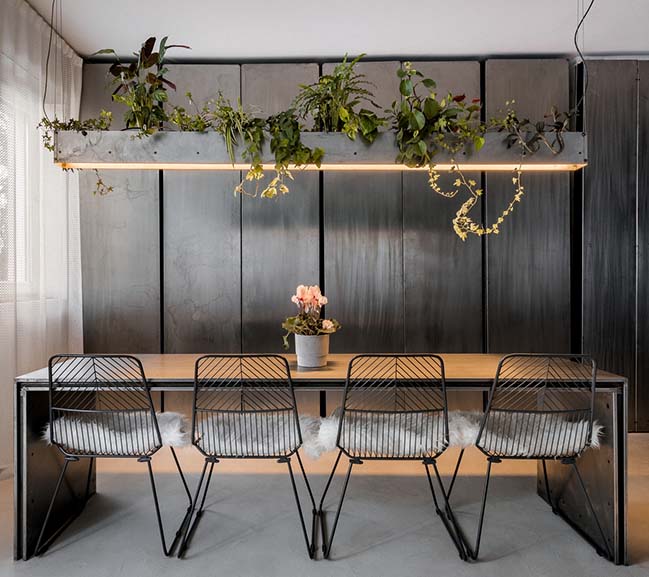
Since the ’mess’ and the interference of different functions put in one space had to be avoided, a mobile, variable furnishing was created, where most of the elements can be hidden. The main goal was to create a totally functional apartment, that can be easily converted into an ordered work of art by closing some doors.
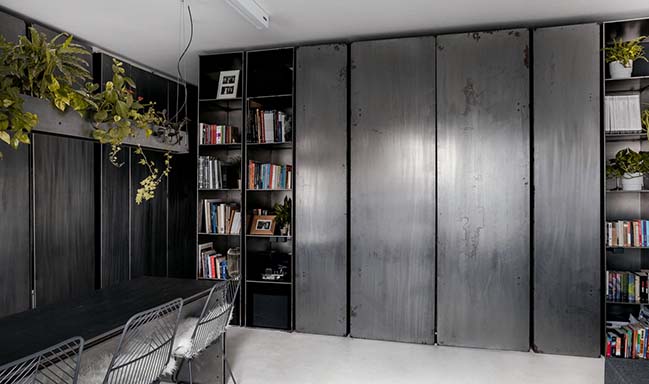
To hide or unhide the everyday mess of a kitchen or a wardrobe, special opening-sliding doors were used on the furniture. This way the main functions of a flat can be separated (closing the kitchen doors/hiding the bed), and you can enjoy the benefits of having a spacious living/workin/dining room. The zero-room apartment is a first attempt to give solution for a great and comfortable ‘roomless living’.
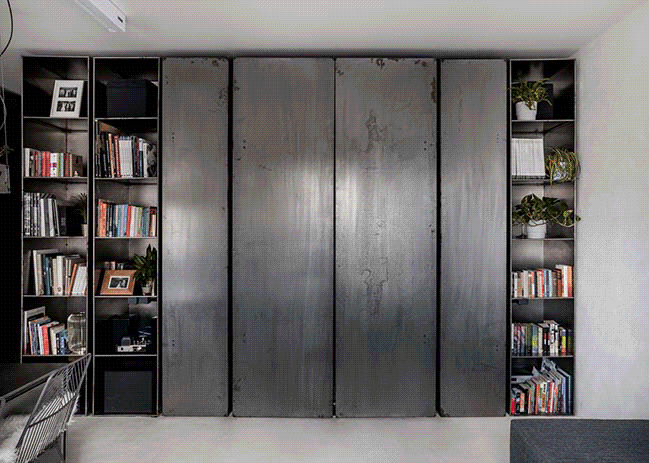
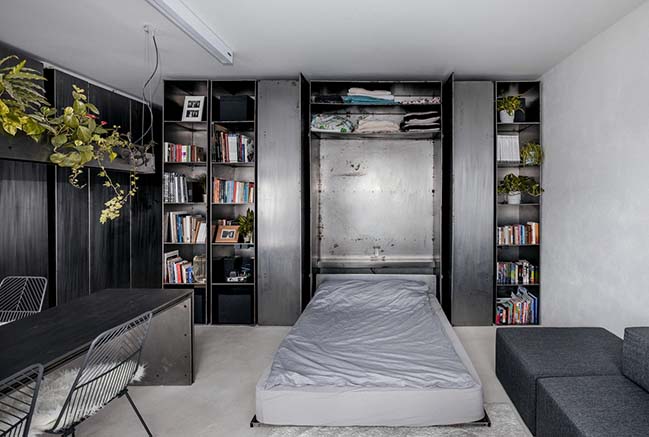
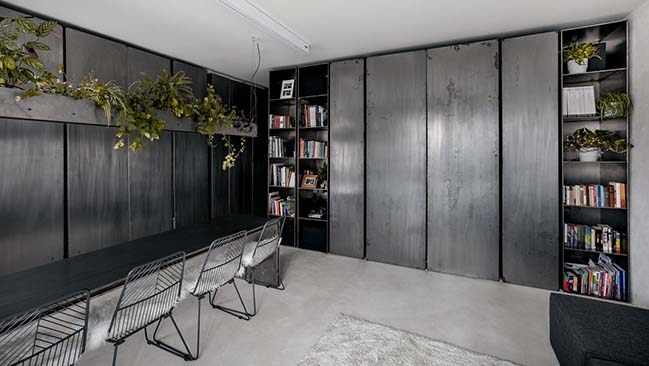
[ VIEW MORE SMALL HOUSE DESIGNS ]
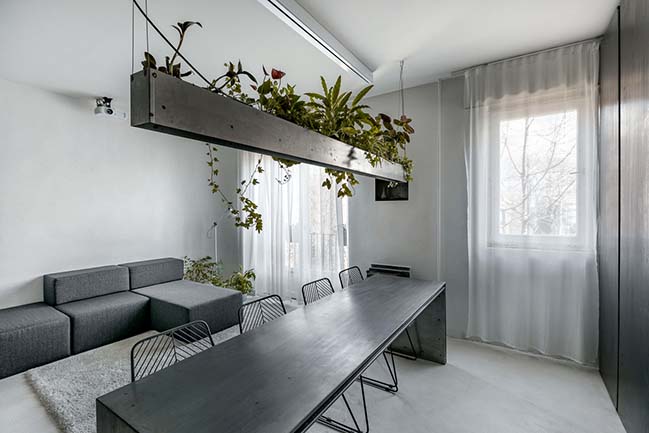
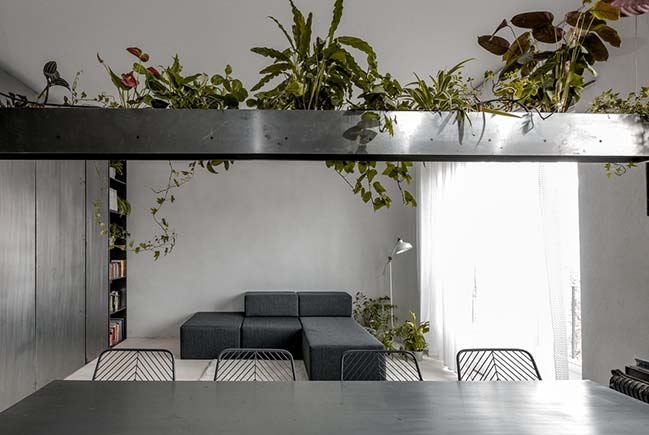
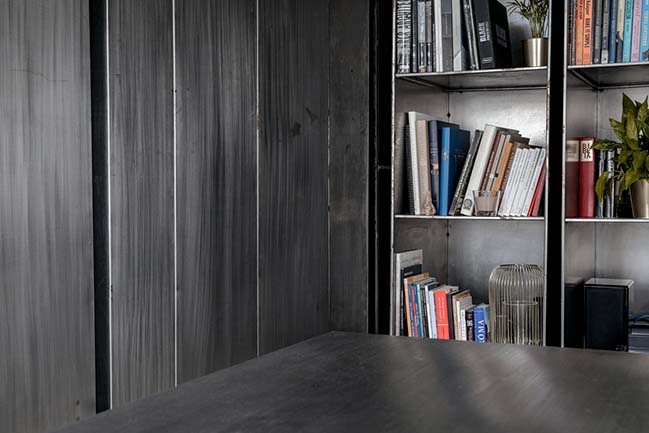
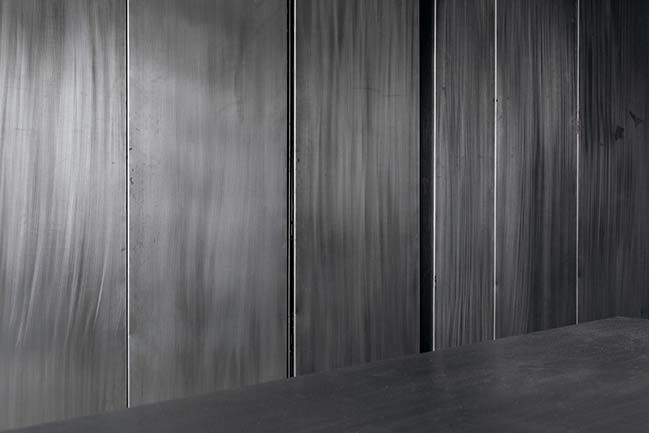
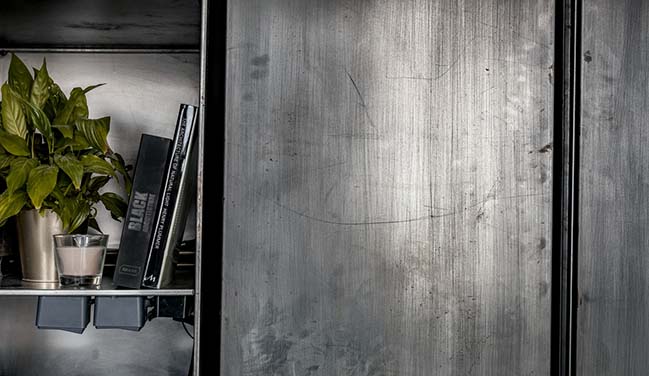
YOU MAY ALSO LIKE: Budapest Apartment by Margeza Design Studio
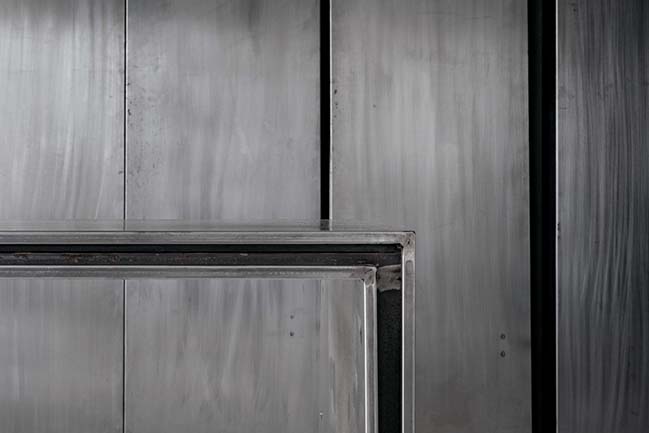
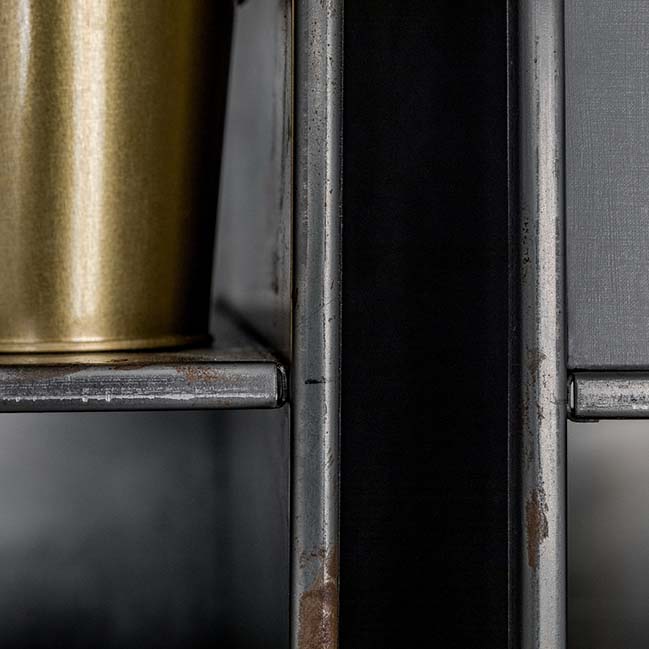
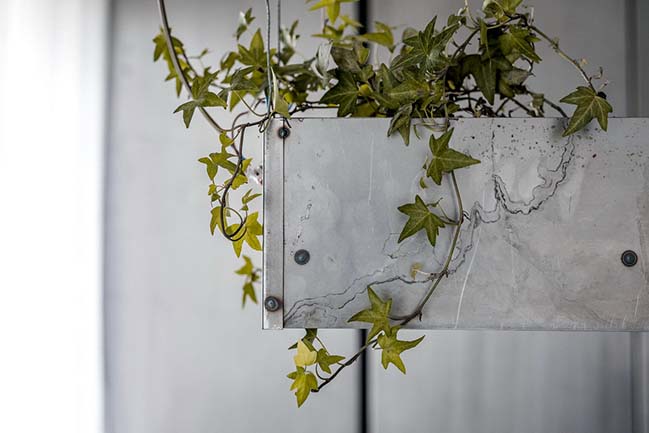
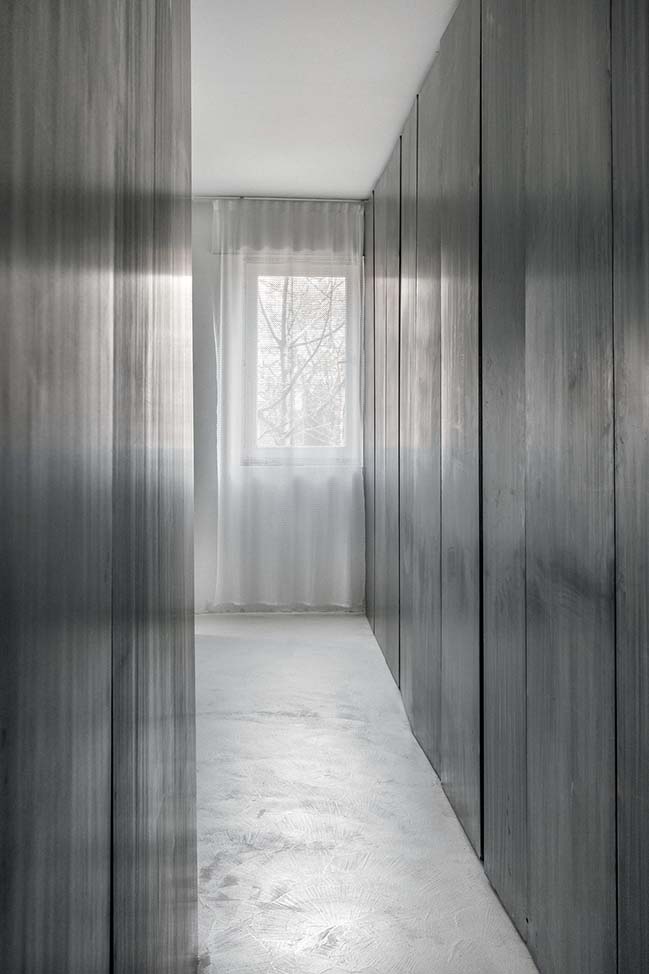
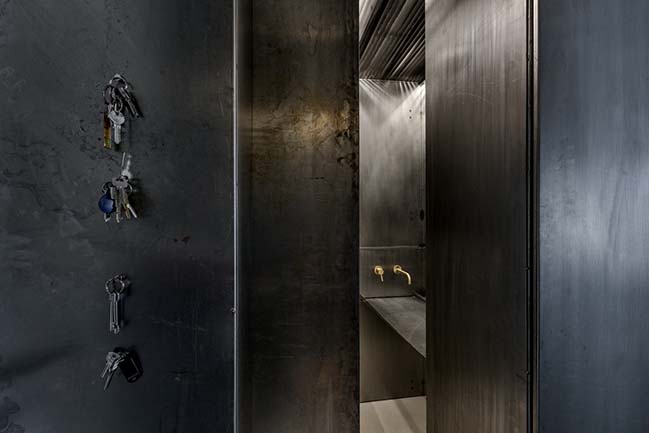
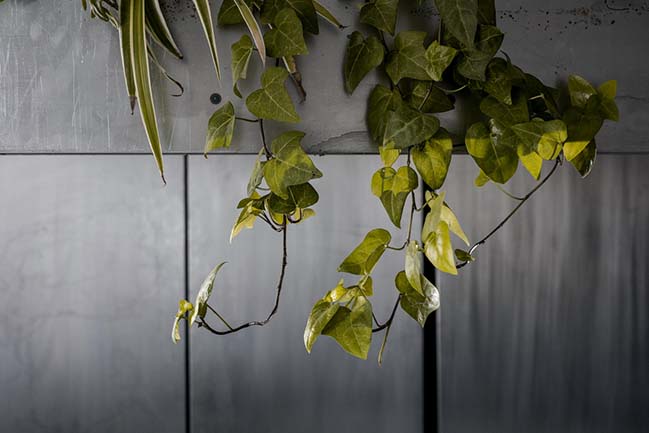
YOU MAY ALSO LIKE: 35m2 apartment in Lviv by RE + design bureau
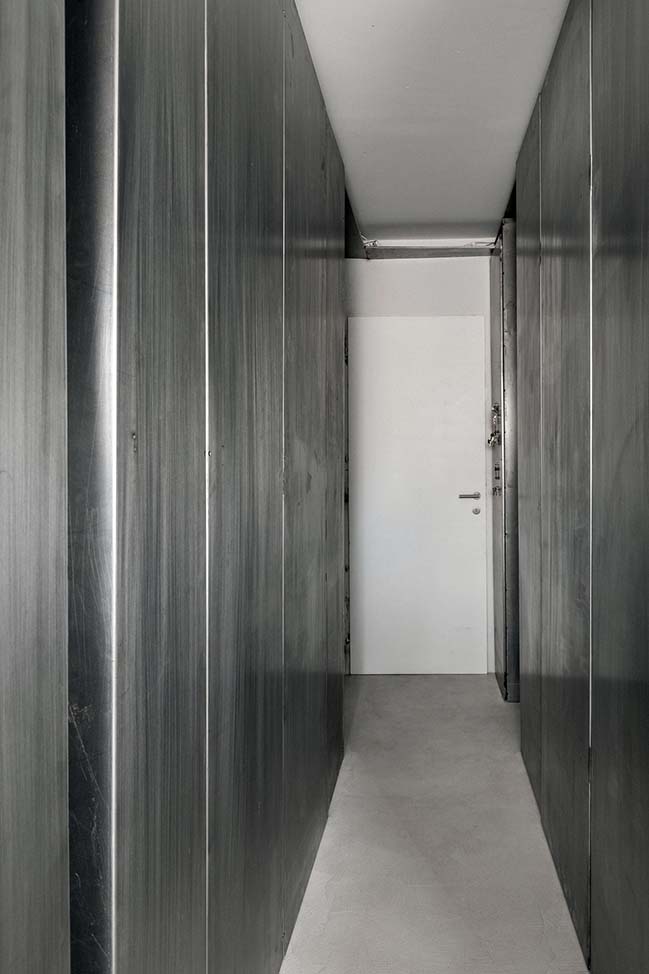
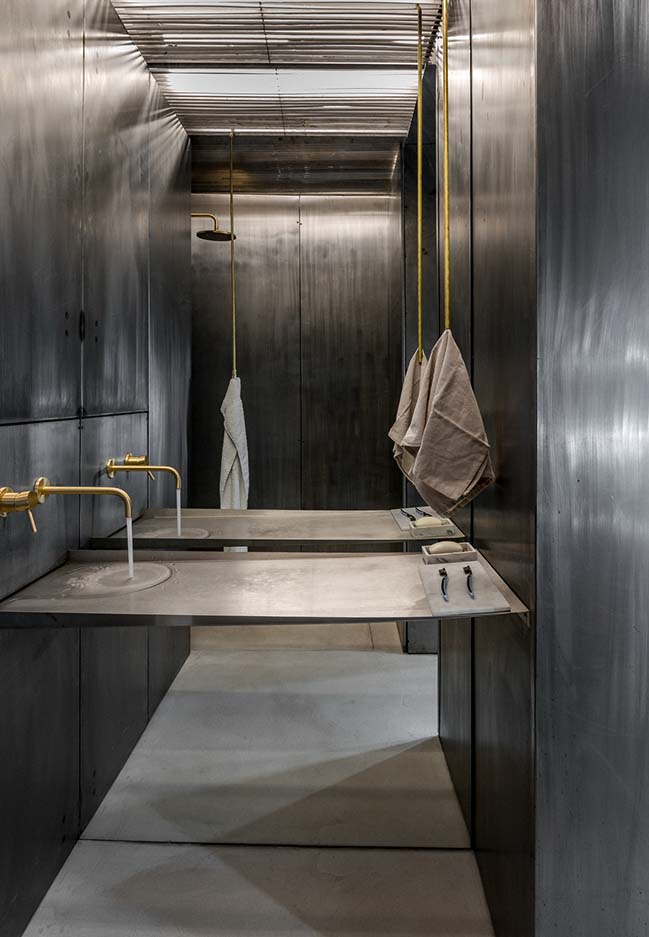
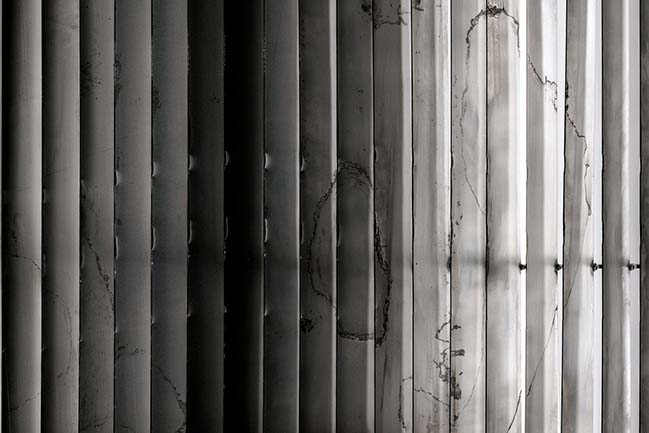
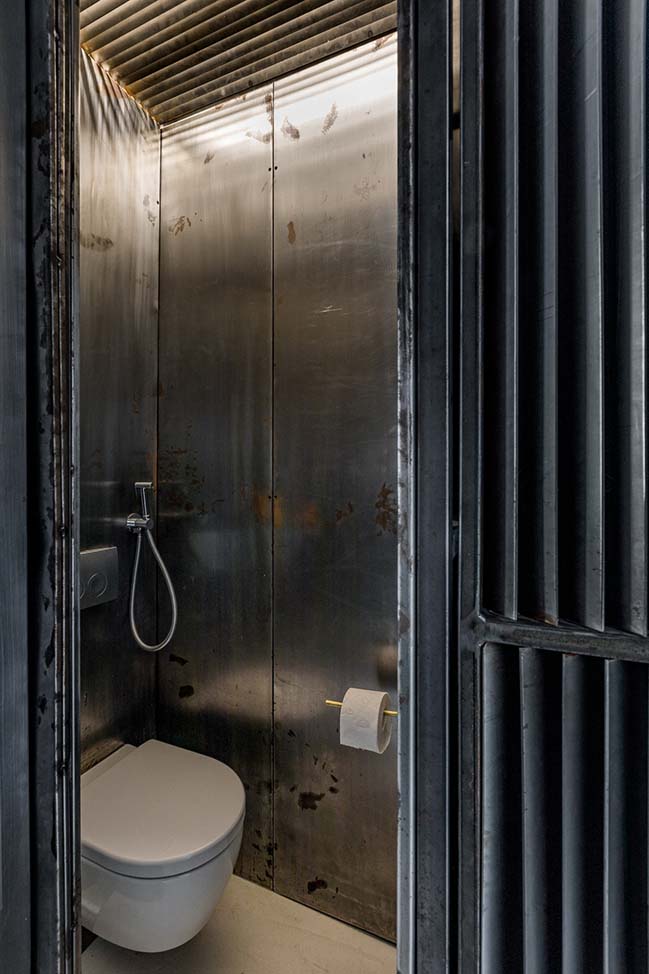
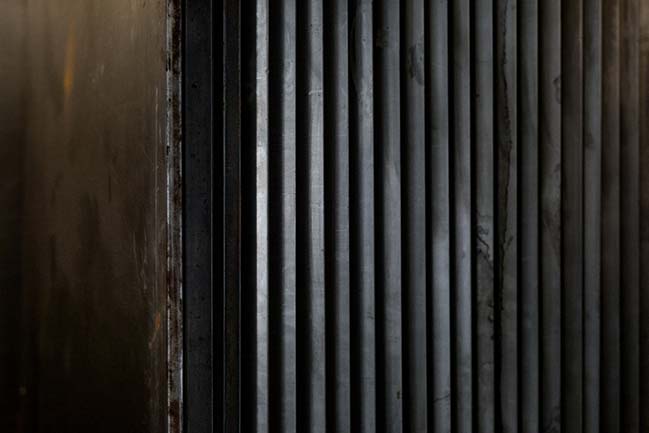
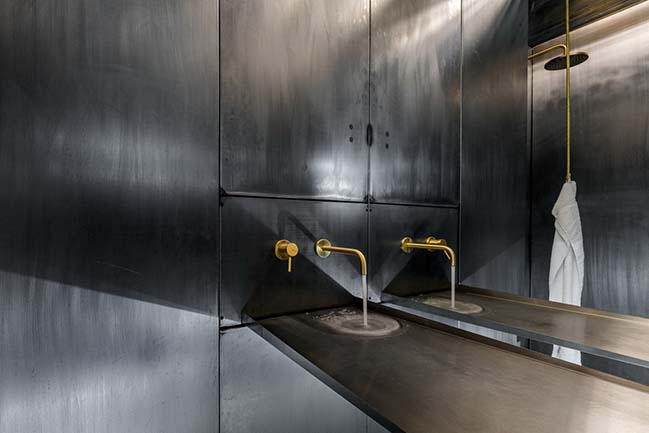
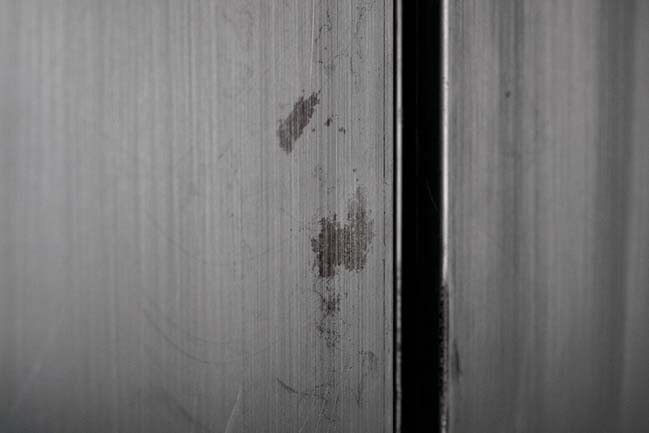
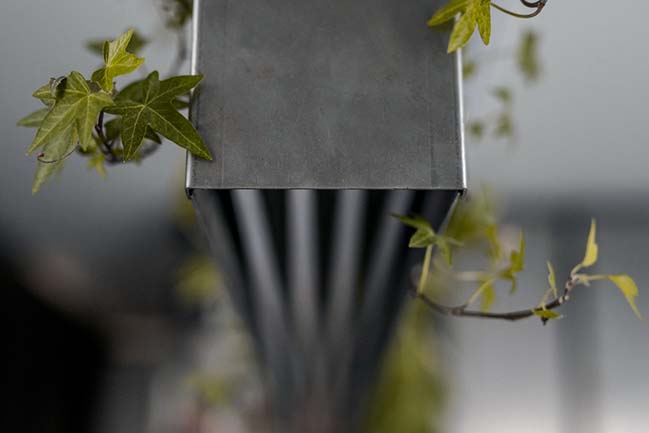
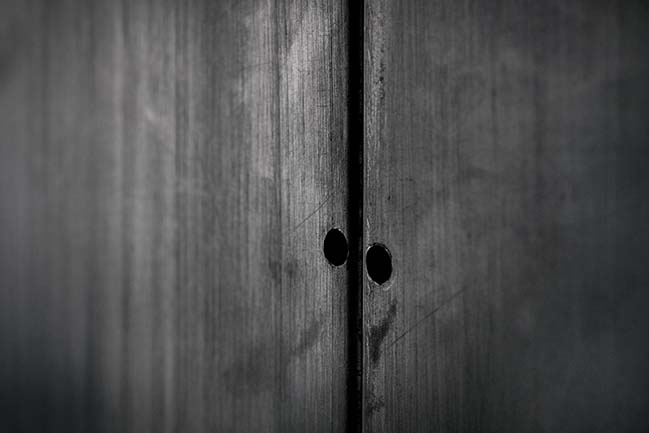
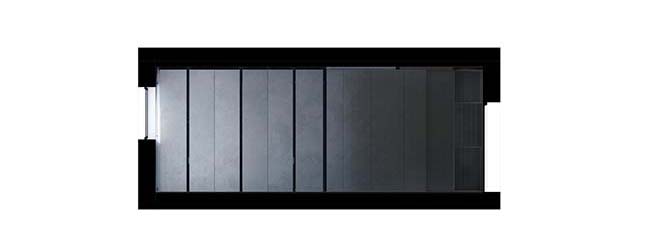
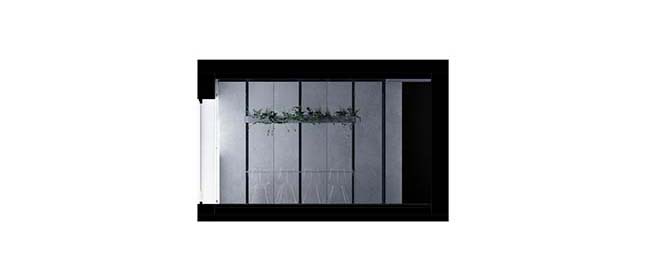
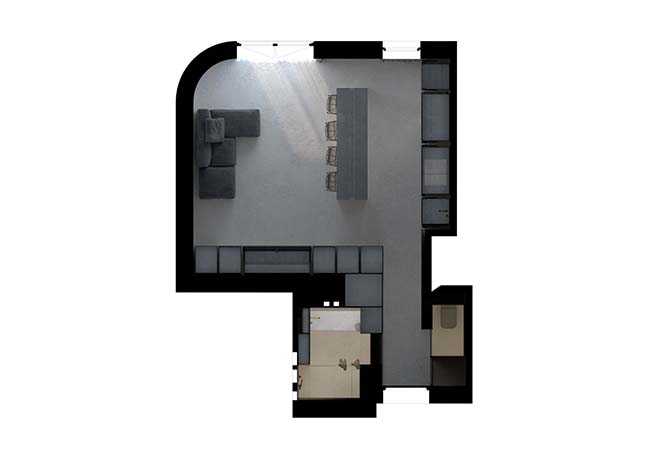
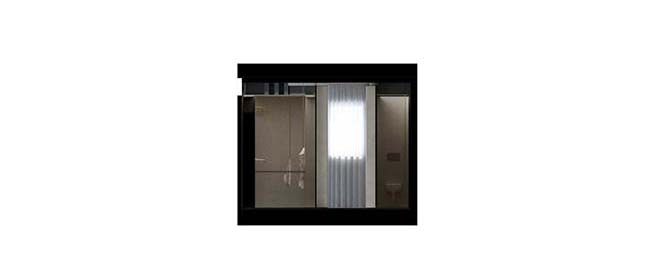
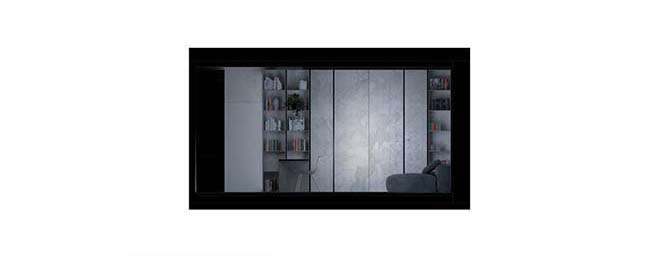
Zero-room Apartment by MÁS epiteszek
04 / 17 / 2019 The main concept of the zero-room apartment was to totally rethink a former traditional flat with only 35 m2
You might also like:

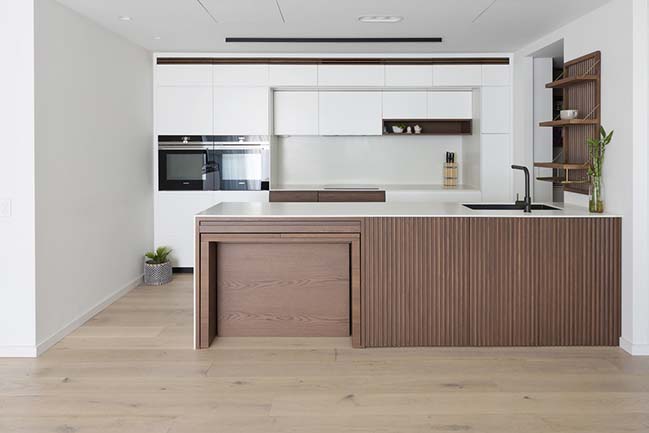
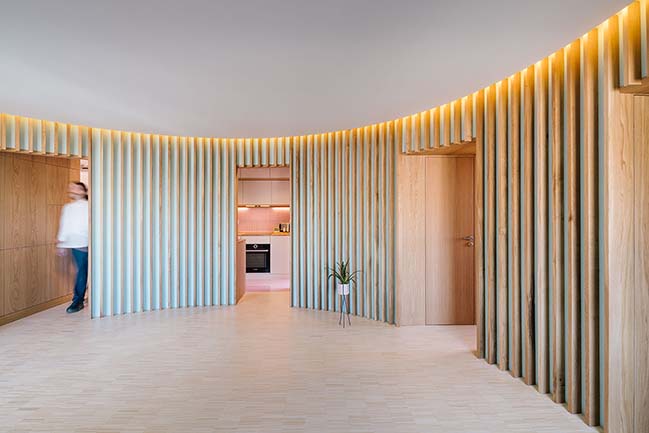
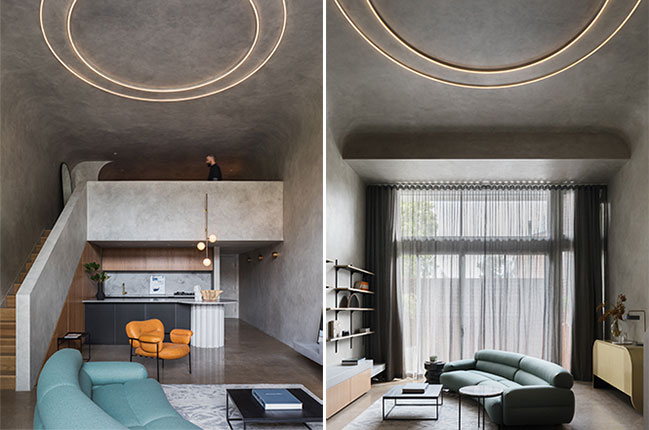
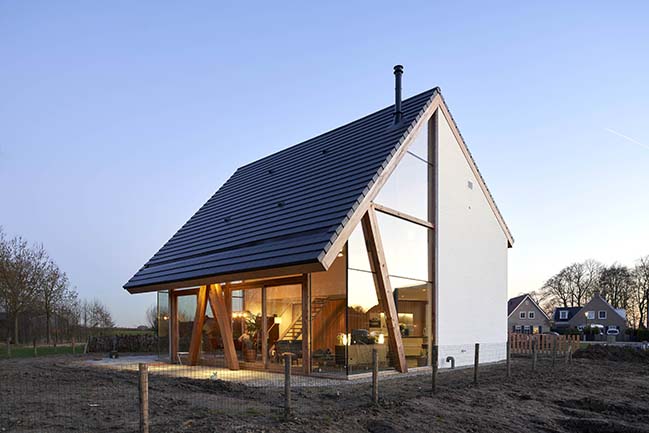
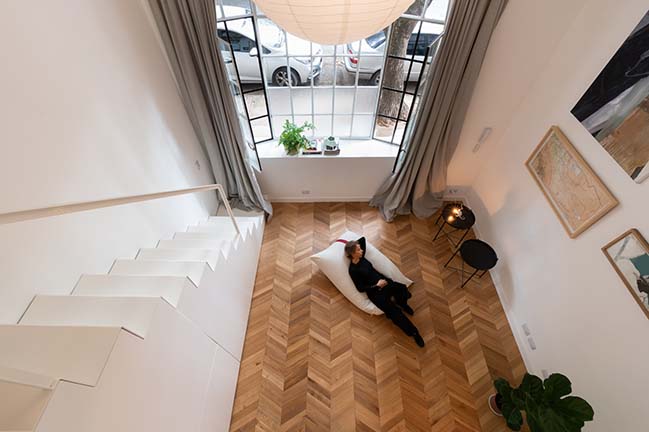
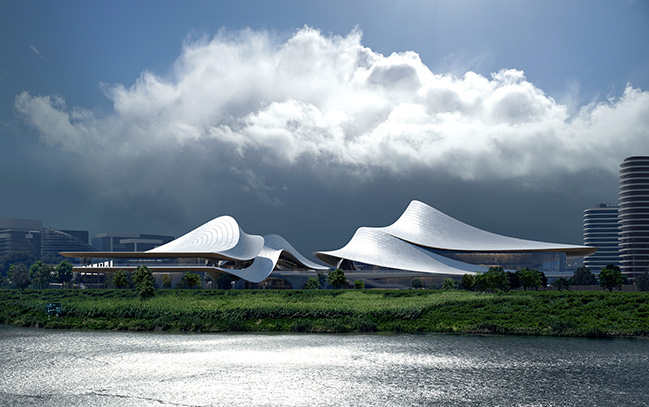









![Modern apartment design by PLASTE[R]LINA](http://88designbox.com/upload/_thumbs/Images/2015/11/19/modern-apartment-furniture-08.jpg)



